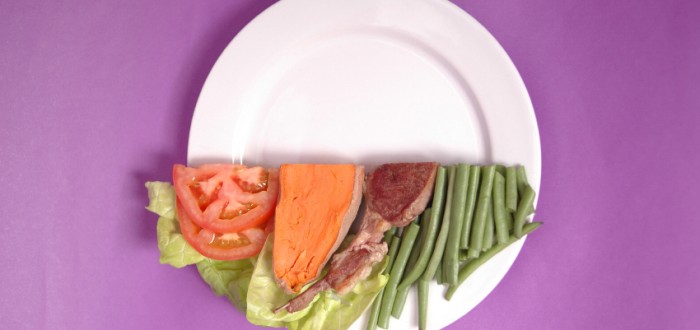The old saying of “feed a fever, starve a cold” might someday be replaced by “feed a tummy less, starve a cancer more.”
Researchers this week reported that cancer victims who cut roughly one-third of the calories from their meals might make it harder for the disease to spread to other organs.
It’s not yet clear whether this strategy would be effective against mesothelioma.
The researchers from Thomas Jefferson University and the National Cancer Institute focused on only one type of cancer in their investigation – triple-negative breast cancer.
In some ways, triple-negative breast cancer is like mesothelioma. Both are very aggressive. Both are treatment-resistant.
Reducing Calories Affects Cancer Growth
However, eating less as a way to slow the ability of any cancer to metastasize seems improbable given that cancer victims, including those with mesothelioma, usually suffer dramatic weight loss as their cancer progresses.
How can skimping on calories help? According to the researchers, calorie reduction helps by triggering the growth of healthy surrounding cells that essentially form a cage in which the tumor ends up trapped.
By immobilizing the cancer cells in this manner, passage to other parts of the body is effectively blocked. At least it is for a time.
This theory and its supporting evidence were published in the May 26 online edition of the journal Breast Cancer Research and Treatment. The findings were obtained by studying the effects of caloric restriction on laboratory mice only, not on actual women with breast cancer.
During the course of the investigation, the test mice were fed meal portions containing 33 percent fewer calories than were given to a control group of mice. The control group received a full ration of food at every meal.
Producing Cell Molecules microRNA 17 and 20
The purpose of the study was to observe the effect caloric restriction would have on production of the cell molecules known as microRNA 17 (miR 17) and microRNA 20 (miR 20).
Earlier research found that triple-negative breast cancer causes miR 17 and miR 20 molecules to become more numerous. This increase was seen as interfering with the growth of healthy tissues adjacent to the tumor.
The absence of healthy tissues would mean the tumor could spread unimpeded.
The current study found an association between caloric restriction and a decrease in production of miR 17 and miR 20. The decrease apparently encouraged abundant growth of healthy surrounding tissues.
The researchers also subjected the test mice to doses of therapeutic ionizing radiation. They found that radiation plus caloric restriction caused the most pronounced drop in production of miR 17 and miR 20.
Researchers were buoyed by these discoveries. But, again, these findings at this juncture apply only to triple-negative breast cancer and not to mesothelioma.
Mesothelioma Patients and Caloric Intake
It’s possible that subsequent research will find restricted caloric intake to be counterproductive for mesothelioma victims — especially those losing weight despite eating full portions of the proper foods three times a day.
Then again, caloric restriction might turn out to be just the ticket for some mesothelioma patients. Among triple-negative breast cancer victims, weight gain occurs as a result of medications given to relieve chemotherapy discomfort.
The researchers indicate they are aware of earlier studies that showed cancer patients who gain weight don’t do as well in treatment as they might if they were slimmer.
The key take-away from this study may be the researchers’ prediction that caloric restriction will be effective in altering many other important molecular targets, not just miR 17 and miR 20.
If so, then mesothelioma researchers may want to consider picking up where these breast-cancer investigators have left off.
The question of whether eating less helps mesothelioma patients by decreasing the disease’s capacity to spread is one that seems deserving of a solid scientific answer. Hopefully there will be more research on this important development — and sooner rather than later.

